Debunking Bail Bonds: Your Total Resource for Legal Help
Navigating the realm of Bail bonds can usually appear like a overwhelming and complex task for individuals not familiar with the lawful system. From understanding the complexities of the Bail bonds procedure to the numerous kinds of bonds available, there is a myriad of info that can be frustrating to absorb - bail bonds near dayton. However, having an extensive resource that breaks down the necessary parts of Bail bonds can give clarity and guidance in times of uncertainty. Join us as we decipher the complexities surrounding Bail bonds and shed light on the important facets that every person need to recognize when confronted with legal proceedings.
Comprehending Bail Bonds Process
To comprehend the ins and outs of the Bail bonds process, one must first understand the fundamental actions entailed in protecting a bail bond. The amount of Bail established by the court may be past the monetary methods of the offender or their household.
A bail bond is a surety bond provided by a bail bond agent in behalf of the accused. The bail bond representative bills a non-refundable fee, generally a percentage of the complete Bail amount, to upload the bond and protect the launch of the accused. The bail bond agent likewise handles the duty of guaranteeing that the accused shows up in court as needed. If the accused fails to appear, the bail bond representative may be called for to pay the full Bail amount to the court. Comprehending the process of securing a bail bond is vital for those browsing the legal system and seeking temporary flexibility while awaiting test.
Kinds of Bail Bonds Available
Having recognized the fundamental steps associated with protecting a bail bond, it is necessary to think about the various kinds of Bail bonds offered to offenders in the legal system. The most typical type is a money bond, where the accused or somebody on their behalf pays the full Bail amount in money. This amount is returned when the defendant fulfills their court responsibilities. One more option is a surety bond, which involves a bond representative or bondsman uploading the complete Bail quantity for a charge, normally around 10% of the complete Bail. Residential property bonds, on the various other hand, permit defendants to use important properties like property to protect their launch. Federal Bail bonds specify to cases involving federal charges and operate under different policies than state Bail bonds. Lastly, launch on recognizance (ROR) is a kind of bond where the accused is released without needing to pay Bail yet assures to go to all court hearings. Understanding these various kinds of Bail bonds can help offenders browse the legal procedure better.
Variables Influencing Bail Quantity
Numerous elements play a substantial function in identifying the Bail amount established for an accused in the legal system. The severity of the claimed criminal activity is a key consideration. Much more major offenses usually cause higher Bail quantities to make certain the accused's look in court. In addition, the defendant's criminal history and previous document of standing for court dates can influence the Bail choice. If the offender is deemed a flight danger, the Bail quantity might be set higher to reduce the danger of them fleeing before trial.
One more variable that can impact the Bail quantity is the offender's connections to the community. Strong neighborhood ties, such as secure work, family members relationships, and a history of home in the location, might cause a lower Bail amount. Conversely, individuals with marginal connections to the neighborhood may face a higher Bail total up to prevent them from leaving the jurisdiction.
Furthermore, the judge thinks about the accused's funds when identifying Bail. The ability to pay the Bail amount collection can greatly influence the decision. Generally, a combination of these elements is carefully assessed to identify a proper and reasonable Bail amount for each and every individual situation.
Duties of the Defendant
Upon being launched on Bail, the defendant thinks particular duties that are important to their lawful procedures. One key responsibility is to go to all set up court hearings. Failure to show up can cause the cancellation of Bail and added legal repercussions. It is essential for the defendant to remain educated about their court dates and to make essential arrangements to be existing.
Furthermore, how much do bail bondsman make the offender must follow any type of problems established by the Bail or the court bond firm. These problems might consist of constraints on traveling, needs for medicine testing, or prohibitions on calling particular people. Following these problems is necessary to maintaining good standing with the court and guaranteeing a smooth legal process.
Additionally, the accused is accountable for alerting their lawyer and the court of any kind of modifications in call details or scenarios that might impact the case. Open interaction is vital to properly browsing the legal system and maintaining the regards to the Bail contract. By satisfying these obligations, the defendant can show their dedication to settling the lawful issue at hand.
Legal Ramifications of Bail Bonds
When a defendant safeguards a bail bond, they enter right into a legal arrangement with the Bail bondsman. If the defendant does not show up in court as required, the bail bond can be surrendered, leading to the loss of the collateral or cash placed up for the bond.
Additionally, if the offender breaks any kind of other regards to the bail bond contract, such as dedicating an additional violation while out on Bail, they might face extra lawful charges and charges. It is crucial for accuseds to totally comprehend their commitments when obtaining a bail bond and to adhere purely to the stipulations to prevent more legal complexities.

Conclusion

To understand the intricacies of the Bail bonds procedure, one should initially understand the fundamental steps entailed in securing a bail bond.A bail bond is a surety bond given by a bail bond agent on behalf of the defendant. The bail bond representative bills a how long after posting bail is inmate released non-refundable fee, generally a percentage of the complete Bail quantity, to post the bond and protect the release of the offender.Having actually understood the basic steps entailed in safeguarding a bail bond, it is important to think about the various types of Bail bonds offered to defendants in the legal system. One more alternative is a guaranty bond, which includes a bail representative or Bail bondsman posting the complete Bail quantity in exchange for a charge, usually around 10% of the complete Bail.